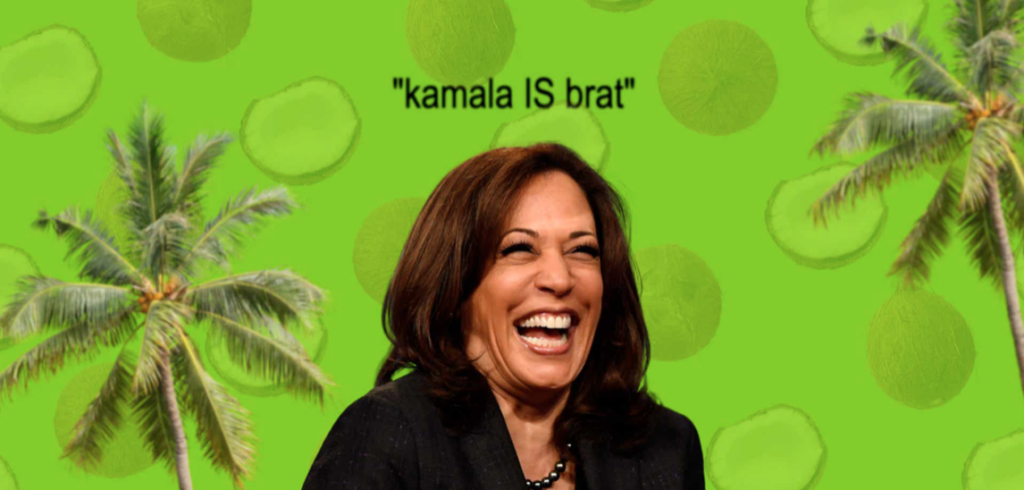Social media has become one of the most significant mediums in modern political campaigns and in no nation has this shift been more pronounced as in the United States. In the 2024 election cycle alone, the Democrats funnelled $180 million into digital advertising across platforms owned by Meta and Google. This significant financial dedication highlights the essential role social media plays in shaping contemporary political discourse. However, how successful were Donald Trump and Kamala Harris in their engagement with social media platforms, and how will this election influence the usage of social media by politicians on an international scale?
Donald Trump’s approach to social media was distinct, favouring an unscripted and relentless engagement style over a carefully curated strategy. Trump was famously banned from Twitter following the January 6th insurrection riots, creating his own platform, Truth Social, to openly broadcast his views and opinions. However, after Elon Musk acquired Twitter in 2022, Trump’s account was reinstated, enabling him to dominate two major platforms and rally public support. He capitalised on this advantage to radically change the way Presidential candidates communicate with the electorate. Notably, in the final stretch of his campaign, Trump posted/reposted on Truth Social a staggering 82 times within the span of just four days, illustrating his relentless digital outreach.
This increased reliance on social media coincided with a growing distrust in mainstream media. In a 2024 poll, it is estimated that only 31% of Americans said that they feel they can trust news outlets and print newspapers now have an average reader age of 60. Trump capitalised on this distrust, utilising social media to engage with voters and spread his campaign message to a wider audience, resulting in 45% of undecided voters and 52% of new Trump voters stating that they get their news through social media, a far greater share than the national electorate (37%). Thus, through his erratic yet effective online presence, Trump positioned himself as a credible purveyor of real-time information, shaping public narratives and fostering scepticism toward traditional media.
However, Trump’s social media engagement was not solely defined by controversy and his strategy, while controversial, also included target outreach to demographics often sidelined by politicians including young men. Just two weeks before the 2024 election, Trump appeared on Joe Rogan’s podcast, amassing an astounding 45 million views on YouTube and over 25 million listens on Spotify and other platforms. On election night, Rogan was among the figures mentioned in Trump’s victory speech. This strategic engagement extended beyond Rogan to appearances on platforms such as the Nelk Boys’ podcast and professional golfer Bryson DeChambeau’s YouTube channel. By tapping into these spaces, Trump reinforced his image of masculinity and connected with young male voters, a demographic where his support jumped from 50% in 2020 to 70% in 2024.
While Trump’s approach relied on dominance and division, Kamala Harris also recognised the power of social media, though her strategy was substantially different. Both candidates sought to mobilize young voters, a demographic which, according to the Centre for Information and Research on Civic Learning and Engagement, has some of the lowest turnout rates amongst eligible voters. Though, Harris aimed to cultivate relatability rather than controversy. Her campaign leaned into humour and internet culture, leveraging viral trends such as ‘brat’ and the ‘coconut tree meme,’ references resonating largely with many Gen Z voters. This tactic proved highly effective, generating over 265,000 social media posts referencing the coconut tree meme within just one week. Therefore, Harris’ strategy of ‘relatability’ transformed her from merely a political candidate into an online phenomenon, amplifying her reach and engagement with the public.

Ultimately, both candidates’ social media approaches energized overlooked demographics and garnered millions of views. Thus, it would be an oversimplification to claim that social media was the sole determinant of Trump’s victory or Harris’ loss. Though Trump had more than twice the number of followers as Harris on X, Facebook, Instagram, and TikTok, Harris still managed to create a distinct campaign identity that revitalized Democratic enthusiasm.
However, the implications of this phenomenon extend far beyond American borders, setting a precedent for how political campaigns will be conducted globally. Though social media is already being utilised by world leaders to secure election victories, digital platforms are likely to become the primary battleground for political discourse and leaders in other nations are likely to adopt similar strategies, leveraging social media to erode trust in mainstream media sources and directly engage voters. The success of Trump’s somewhat aggressive digital presence and Harris’ iconic personalisation will not go unnoticed by political figures worldwide and, in nations with restricted press freedoms, social media may become vital in political narratives, allowing candidates to challenge state-controlled messaging. However, this shift towards digital platforms also lays the groundwork for potential limitations such as foreign election interference, misinformation, and greater partisan divisions.
Though, if there is one key takeaway from this election, it is that social media has become an integral force in the global political arena. While traditional forms of media such as cable TV and newspapers lose their grip on the public, social media is stepping in to fill the void, allowing candidates to effectively spread political messages and agendas. Not only this, but social media can be vital in engaging, mobilising, and energising demographics which tend to sit on the sidelines of political activity, sparking passion amongst those who feel disconnected from traditional political narratives.
In an era where digital influence reigns supreme, social media is not just shaping political discourse, it is redefining the very nature of democracy itself.
